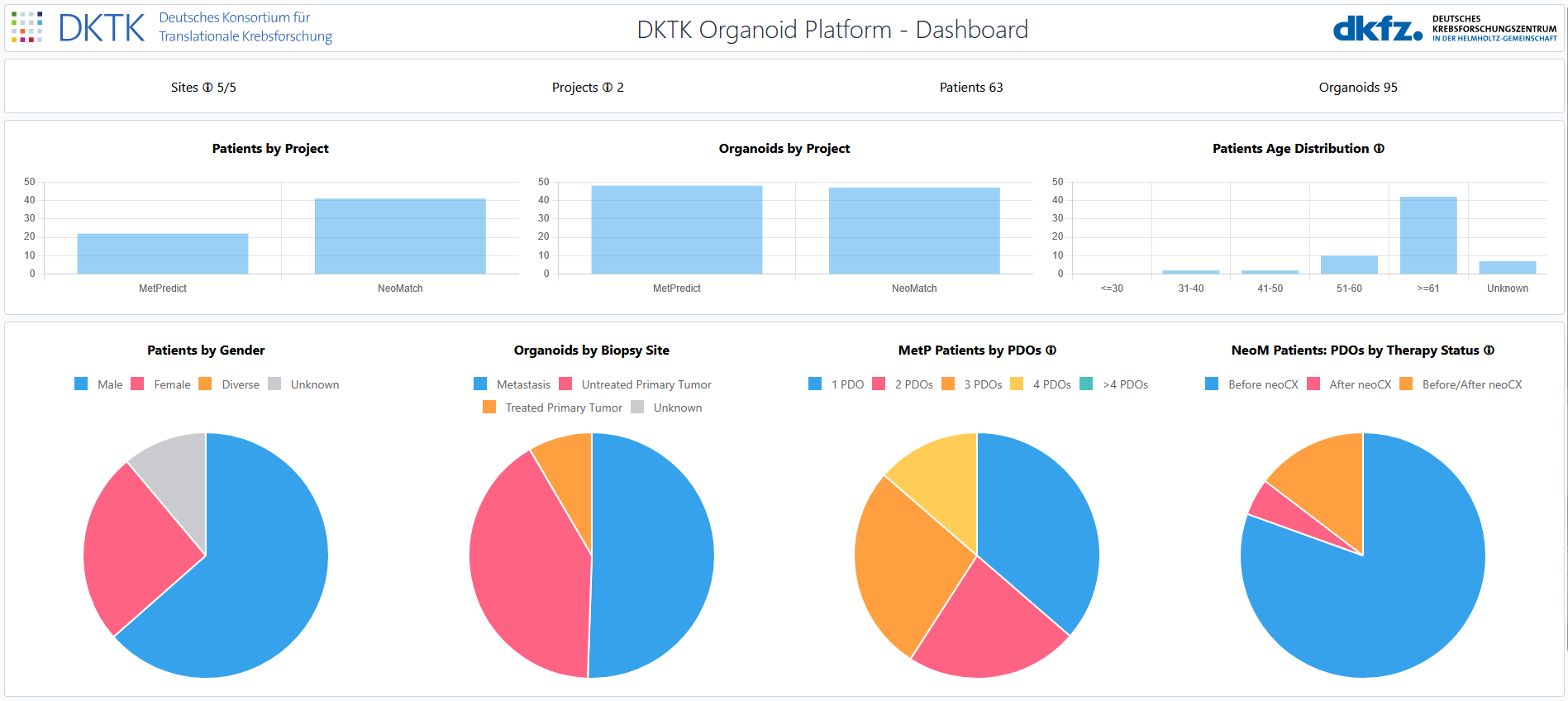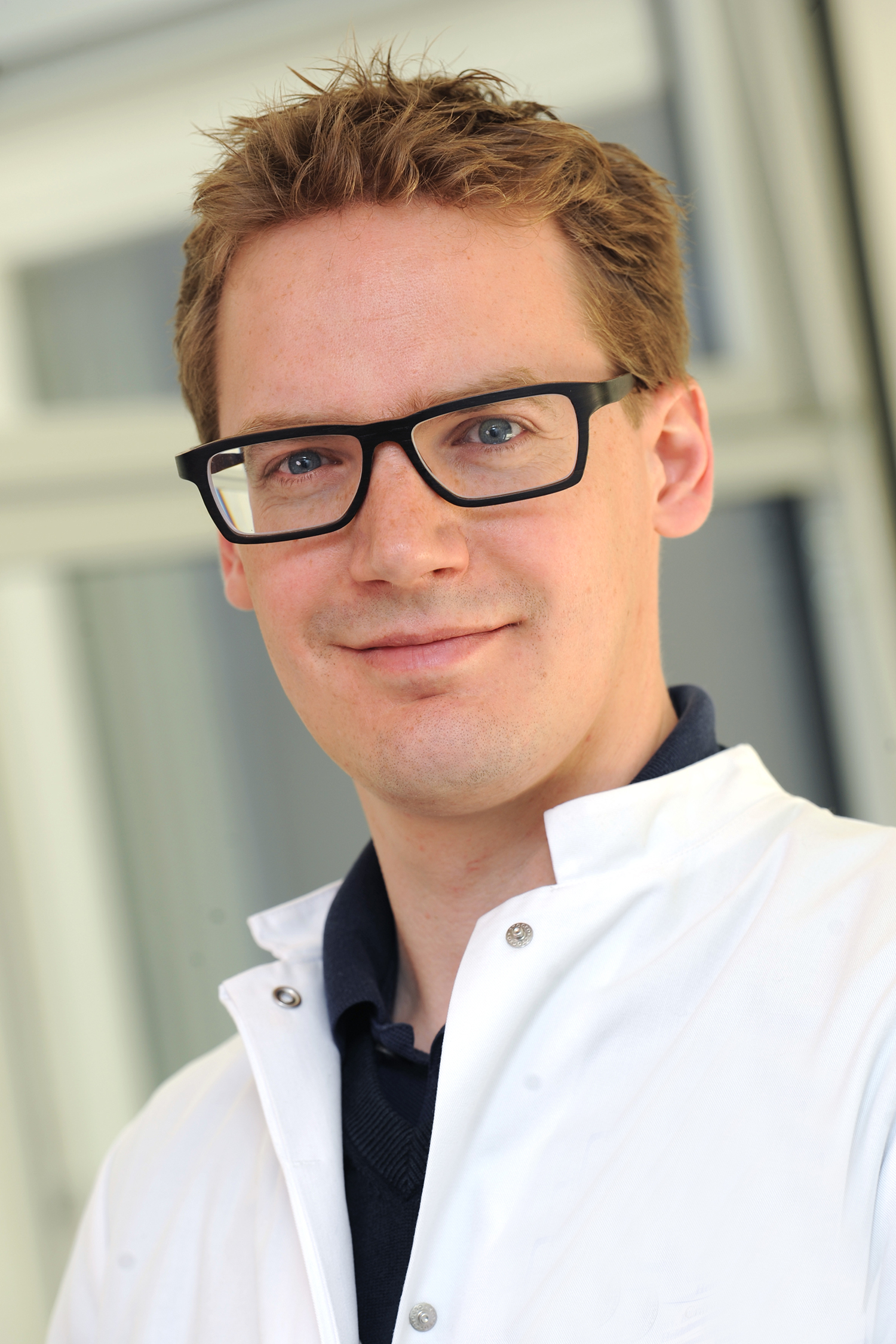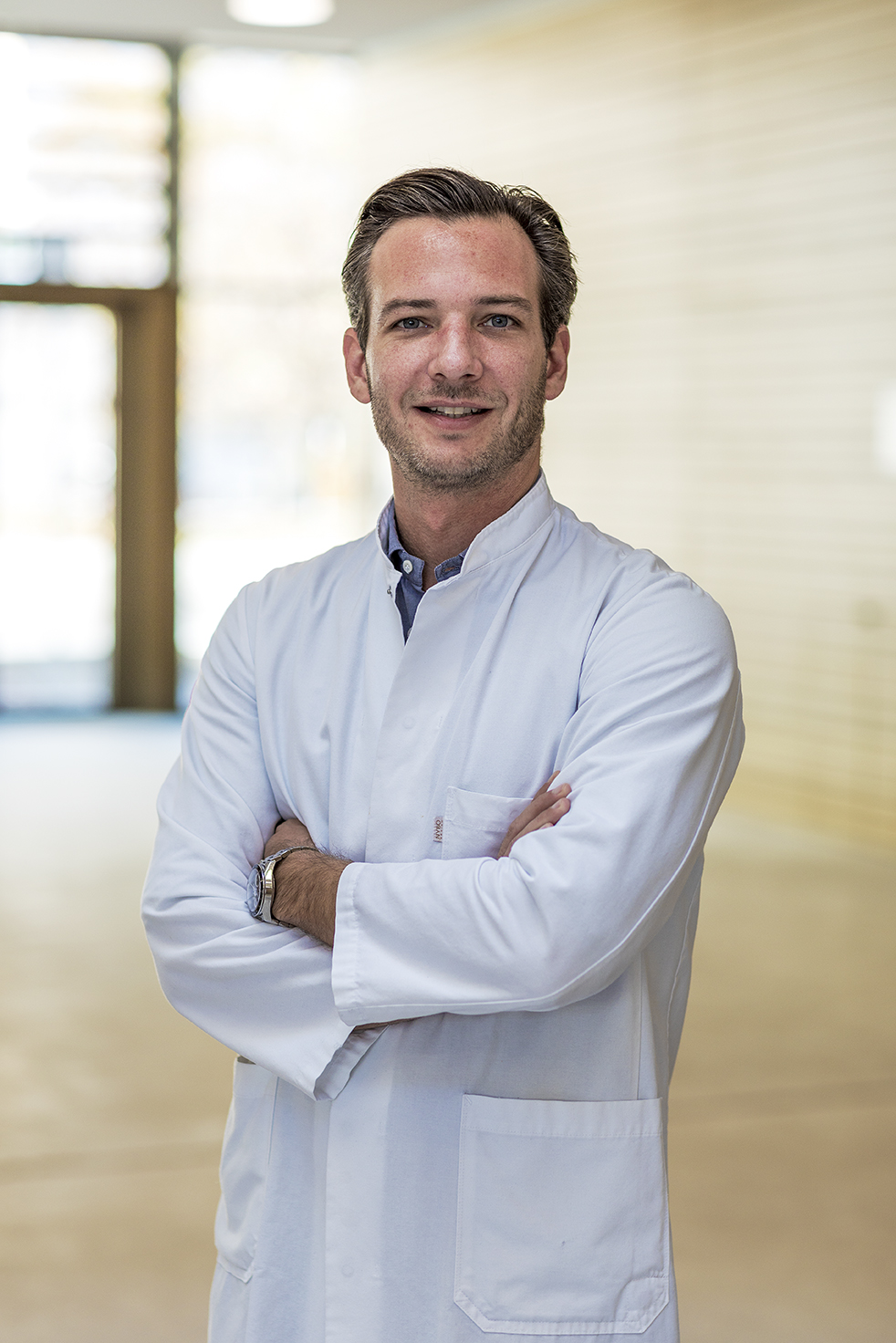Project overview Joint Funding
SIOrgP (DKTK Organoid Platform)
Program: Funding Line: strategic initiative Project type: technology platform Status: current
The DKTK Organoid Platform has been launched as a "Strategic Initiative" of the DKTK Steering Committee to explore the advantages of patient-derived tumor organoids for cancer research. The organoid technology opens up the possibility of generating mini-tumors from biopsy samples under three-dimensional cell culture conditions. These so-called tumor organoids are biologically very similar to the tumors of the patients from which they were generated. This allows to better understand the complex processes of tumor biology and to test new clinical treatment approaches.
The main objectives of the DKTK Organoid Platform are the development of patient-derived tumor models and the comparison of the clinical course and therapy response of patients with the results from the laboratory. In addition, technological innovations are to be developed. In an interdisciplinary collaboration between cancer researchers and clinicians, two pilot projects have been initiated involving all DKTK partner sites as well as infrastructures, which have been established as part of the DKTK, such as the BioDataHub, the Genomics & Proteomics Core Facility at the DKFZ, and MIRACUM (Medical Informatics in Research and Care in University Medicine).
The two projects MetPredict and NeoMatch were selected in close cooperation with scientists from all DKTK partner sites. In MetPredict, several mini-tumors are generated from neighboring liver metastases of a colon tumor to study the biological differences between individual metastases. Furthermore, it will be investigated whether it is possible to estimate the risk of metastic relapse based on the growth behavior of the mini-tumors. In NeoMatch, tumor organoids from pancreatic cancers are generated before and after chemotherapy to study the adaptations that help tumors to evade the effects of chemotherapy. In addition, it will be tested whether treatment of the mini-tumors in the laboratory can predict the response of patients to the same treatment.
During the three-year period, the participating researchers at the DKTK partner sites are closely cooperating to harmonize the production of tumor organoids, followed by joint in-depth characterization of the tumor organoids. Overall, this marks the starting point of a unique and versatile DKTK platform for the use of tumor organoids in cancer research. The overarching goal is to provide scientists within the DKTK and beyond with access to the organoid technology in order to bring cancer research closer to clinical practice.
For an overview about the available cell models, including contact information to the participating researchers, please visit the DKTK Organoid Dashboard.

Involved Partnersites
Berlin, Dresden, Essen/Dusseldorf, Frankfurt/Mainz, Freiburg, Heidelberg, Munich, TubingenCoordinators


